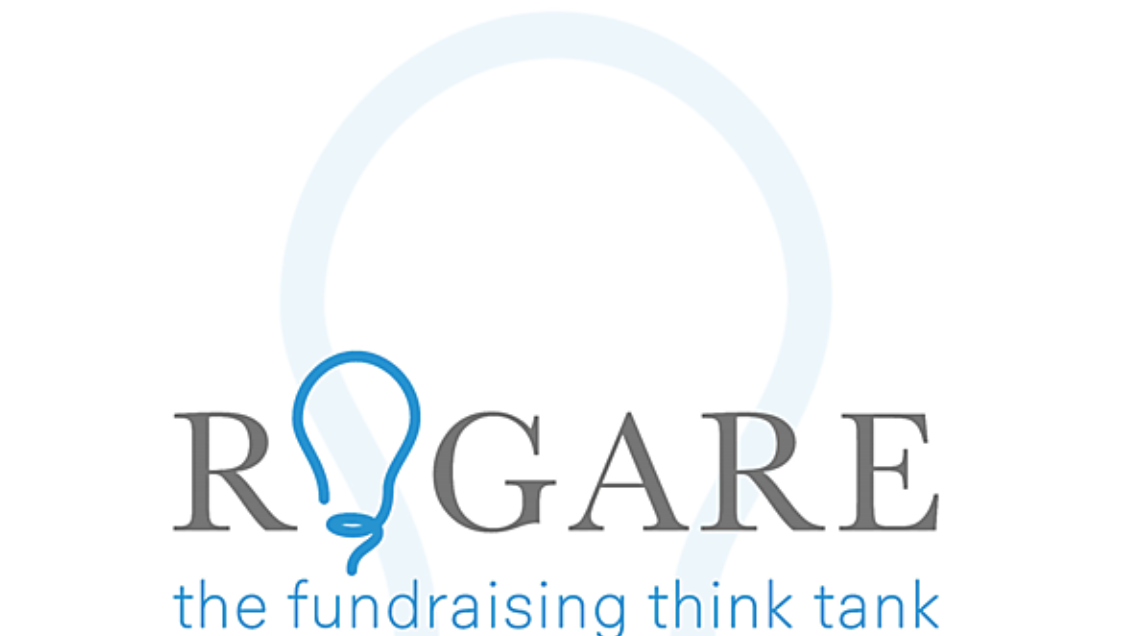Rogare: The Fundraising Think Tank
As a Philanthropy consultant I realized that our modern society, particularly in North America, celebrates independence, forward thinking and innovation with a fervor that is deafening. That’s why the focus of this article is Rogare: The Fundraising Think Tank. Our freedom, independence and self-reliance is acknowledged, recognized and celebrated as the foundation upon which the United States of America was founded. That said, it is also under severe scrutiny particularly relative to how technology and our reliance upon it both keep us connected to one another constantly and how it also isolates us from one another by putting the devices and the channels in place between us that keep us from being in one another’s company; in dialogue with each other, face-to-face, shoulder-to-shoulder in a very important human way. As a Major gifts fundraising and philanthropy in general is, by definition, a very human endeavor – it is, therefore, in my opinion, in conflict with the trajectory we are on as a larger community of people virtually connected all the time but seldom with one another.
Our current trend has us celebrating our independence and self-reliance at the expense of creating a real sense of community. We need look no further than Maslow’s hierarchy of needs to remember and understand that the most fundamental and basic needs of any person are esteem, friendship and love and security. How will our ‘modern’ sense of community re-define how we relate to one another on a very human level? How will our new paradigm of community effect philanthropy and the third sector as new generations grow up in an environment virtually connected and, perhaps, not truly connected with one another?

Examining the Future From a Philanthropy Consultant
This shift in how we are relating to one another is a remarkable challenge facing fundraising now and in the future. Our ability to be with one another, examine social issues, discuss and understand the problems and challenges we face as a global community is waning as a result of our reliance on the passivity of being virtually connected. The issues we face today and in the future that will be addressed through the third sector and with the support of major gifts will require us to come closer not further apart – to show our strength in numbers. The NGOs and non-profit organizations founded to meet these needs will need to focus more on relationship-based fundraising which may be in conflict with how our constituents have ‘grown up’ in a world of virtual community.
To tackle this problem we must seek to understand more deeply the importance we place on social media, technology and the psychosocial impact that is having on how people interact and relate to one another and understand social issues. We must also equip fundraisers with those tools to connect with donors in a way that seeks to understand them as people and give them a highly personal experience that encourages the more human interactions that elevate esteem, friendship and love and security in an effort to realize the kinds of human interactions that lead to transformational thinking, yes, but also to the deeply personal transformational giving that will be needed to fulfill the missions of the NGOs and non-profits of today and tomorrow. You can read more on Rogare – The Fundraising Think Tank here.

